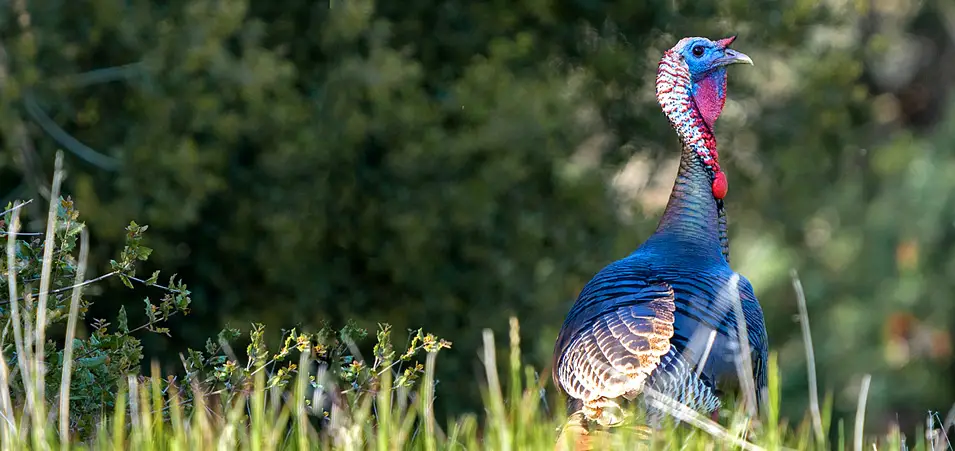Nothing can help you bring home more ducks than setting bad habits right. You cannot spend your way out of bad habits and no amount of gear can compensate for them. On this episode I talk about how to identify and correct some habits that will make you a better duck hunter.
All you need to do to form a bad hunting habit is nothing. Making bad habits will happen by default, breaking them takes humility and work. But there is no faster way to improve and become a more successful waterfowl hunter and breaking bad habits.
Some bad habits include:
- Not Practicing – Nothing will help you take home more ducks than practicing in the office season and there is no better and more realistic way to practice than by doing a few sporting clays courses. Put some of your gear money into a practice fund.
- Not Testing – Every gun, ammo, and choke may produce different and sometimes very different results. If you do not pattern test your gun every time you change something in your setup, you will not know what your performance and limitations are.
- Lack of Stealth – Whether you are in a blind or on foot, stealth is vital to duck hunting. It is too easy to get careless and think you are invincible because you don’t see any ducks. But that doesn’t mean the ducks cannot see you. Do everything you can to minimize movement and keep your volume level low.
Somehow duck hunting feels different than deer or turkey hunting. The practice, sighting in, patterning, etc. that we often put into those pursuits seems specific to them. We often do not think we should apply the same diligence to duck hunting in the off season. But knowing our gear and sharpening our shooting skills matters just as much for duck hunting, possibly even more. This is a bad habit that is somewhat cultural to the sport. People assume they are proficient with their shotgun and ammo just because.
The reality is that years ago these habits were likely started by people who lived in rural areas and often hunted constantly with their shotgun. They went out after turkeys, doves, pheasants, qual, rabbits, squirrels and more. Then the next day they picked up their shotgun and went out for ducks. That worked a lot better in those kinds of situations where constant shotgun use with the same ammo produced skills that were always honed.
But today things are very different. For those few who do hunt that many things and that often, they are often using different ammunition, required by law, and thus are not as proficient with it as they might like to think. Waterfowl ammo can behave very differently. Then there are the rest of hunters who rarely pick up a shotgun and just grossly overestimate their abilities.
Listen to the episode to hear more about these and other bad habits. Here also is a video I did on the top thing you can buy to enable you to shoot more ducks.


